Part 2: continued discussion on the changes happening to the audit service line and the required skills and attributes needed of the auditor of the future.
Following on from our discussion on how the fourth industrial revolution is changing audit in part one of series, we now take a look at how the skills and attributes of the auditor is changing. With opinion from Paul Copland of EY, James Chadwick of Grant Thornton, Kelly Adams of RSM, and Craig Maxwell of Mazars.
Trust
The role of an auditor is to clearly communicate the value of what companies do and how they do it, ensuring that the right frameworks exist for boards to consistently measure, manage and communicate the value they create across stakeholder groups. Auditors must be able to analyse complex financial information but also get under the skin of a company’s culture and understand the bigger picture.
They must communicate well with people but, if necessary, be professionally skeptical about what they are saying. This remains paramount even if you were to compare the auditor of today against the data analysts of the future; gaining business leaders’ trust around the direction of their business is pivotal. A skill which is difficult to perfect and, as agreed by all Partners whom participated in this article, a skill worth developing.
Ever changing geopolitical landscape
The UK’s changing relationship with Europe, the inauguration of the US president and elections across Europe mean a period of change and uncertainty. Auditors need to be aware of risks and opportunities, remain up-to-date with changing legislation, be agile, and flexible in a changing environment whilst still asserting confidence to their key stakeholders around being the subject matter expert.
This, again, shows the importance of auditors being aware of the bigger picture and combining their technical skill learnt through the CA qualification and general business acumen to make a difference to their clients.
The working day
The perception of audit as purely compliance is a myth that needs to be dispelled. The access afforded to auditors allows the right auditors to ensure relationships with clients are that of a trusted business advisor. The challenge is finding this balance as regulation increases, putting auditors under increased compliance, with the key focus having to be the confidence sought by stakeholders in their auditors.
Becoming a trusted business advisor
Key motivations for newly qualified accountants tend to be around future earnings and meaningful work (University of Strathclyde, MBA programme). In addition to the firm ensuring that from an early stage newly qualified team members have exposure to innovative and strategic discussions, the onus is also on the individual to push themselves forward. After qualifying it’s about asking the question – how do I become that trusted business advisor? How do I use my training / experience to engage with businesses beyond compliance and elevate my role with my firm?
All Partners involved in this article were enthusiastic around increasing this involvement and very much aware that people’s aspirations and attitudes to work will continue to evolve. The challenge, however, is around demanding time pressures and deadlines which sometimes don’t allow the more junior members of the team this level of exposure.
Of course, exposure to this level of engagement with clients is encouraged by many firms however, it needs to be said that these opportunities won’t be simply given; it is those who go and ask/use their initiative who will start to experience the commercial element of audit so heavily sought after. It needs to be recognised that everyone is not above executing the more repetitive part of the job as it’s the perfect platform to build your career from.
Why harness new trends
All Partners agreed that given the advancements of technology it won’t be the leaders of service lines or teams who will be showing how new technologies work and impact businesses, it will be newly qualified accountants. It’s important for everyone to keep up. The auditor of the future will need to be able to work with and harness new and disruptive technology. Less auditor time will be spent on the gathering and reporting of data, and more on analysing the key trends and communicating the importance/value of this information to stakeholders, which will have a critical role in driving business change to keep up with an accelerating world.
Top tip – push and challenge yourself; don’t treat audit as a box ticking exercise but rather a process that needs thorough competency and business understanding to be able to analyse what you are reviewing and provide a solution. The skills required by the auditors of the future will be analytical, personal judgement and business acumen… make yourself invaluable.






